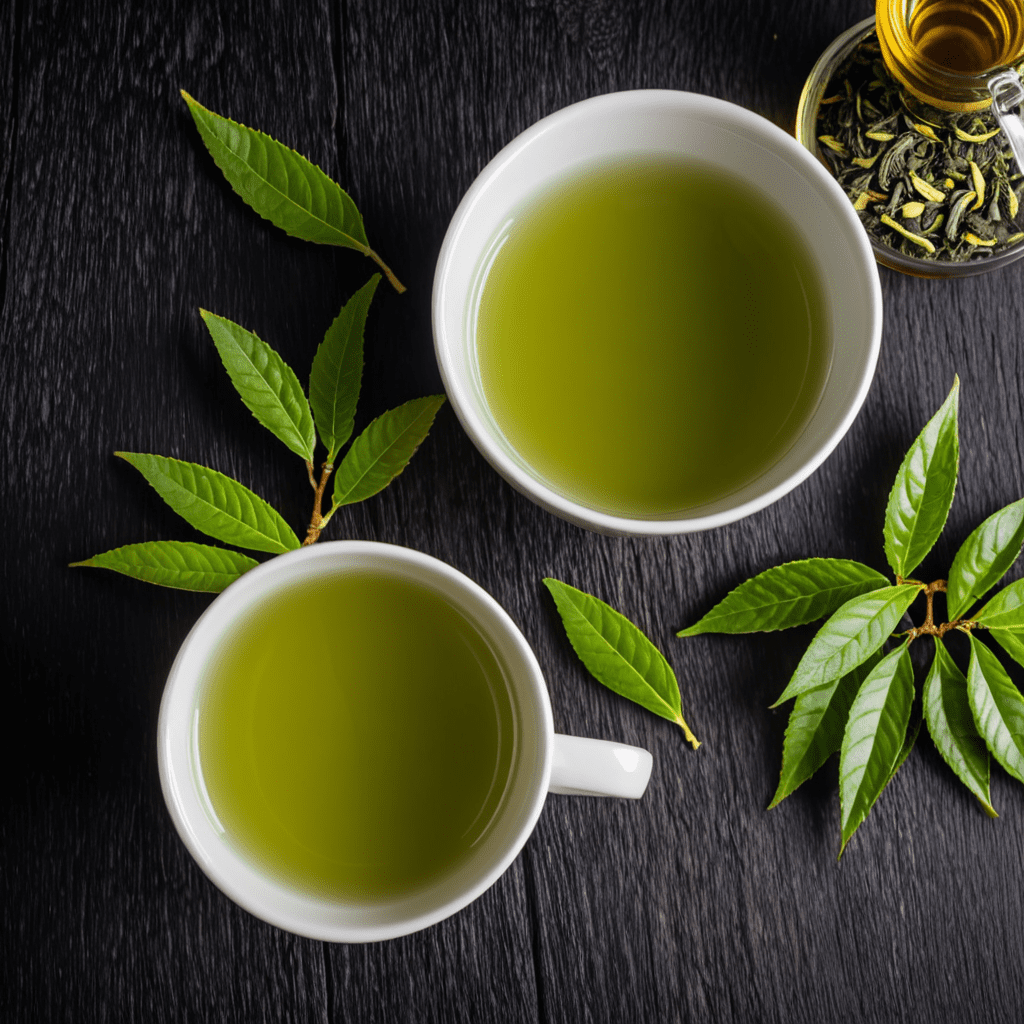
Is it Good to Drink Green Tea Before Bed?
Green tea has been praised for its numerous health benefits, including its potential to improve brain function, aid in weight loss, and lower the risk of certain diseases. However, the timing of consuming green tea, particularly before bed, has been a topic of debate. Let’s explore whether reaching for a cup of green tea before bed is a good idea or not.
The Impact of Green Tea on Sleep
Green tea contains caffeine, albeit in smaller amounts compared to coffee. Caffeine is a natural stimulant, known for its ability to keep you awake and alert. As such, consuming green tea before bed may disrupt your ability to fall asleep or experience uninterrupted sleep.
The Role of L-Theanine
While green tea contains caffeine, it also contains an amino acid called L-theanine, which has been found to promote relaxation and reduce stress. L-theanine may counteract the stimulating effects of caffeine, potentially mitigating its impact on sleep.
Understanding Individual Sensitivity
Individuals vary in their sensitivity to caffeine. Some people may be able to drink green tea in the evening without significant sleep disturbances, while others may find even small amounts of caffeine disruptive. Knowing your own sensitivity to caffeine is crucial in determining whether green tea before bed is suitable for you.
Alternatives to Consider
If you enjoy a warm beverage before bed, there are caffeine-free alternatives to green tea that can be soothing and contribute to better sleep. Herbal teas such as chamomile, valerian root, or lavender are known for their calming properties and may be more suitable choices for evening consumption.
Summary: The Bottom Line
Ultimately, the decision to drink green tea before bed depends on individual tolerance to caffeine and personal sleep patterns. Those who are particularly sensitive to caffeine and experience difficulty falling asleep should exercise caution when consuming green tea close to bedtime. However, those with a higher tolerance may find that the calming effects of L-theanine outweigh the potential drawbacks of caffeine.
FAQ
Can decaffeinated green tea be consumed before bed?
Decaffeinated green tea is a viable option for those seeking to enjoy the benefits of green tea without the stimulating effects of caffeine. It may be a suitable choice for individuals looking to incorporate green tea into their evening routine without impacting their sleep.
What are the best practices for consuming green tea to minimize sleep disturbances?
If you prefer to enjoy green tea in the evening, it is advisable to opt for lower-caffeine varieties and consume it at least a few hours before bedtime. Additionally, considering alternative caffeine-free herbal teas can provide similar relaxation benefits without the potential impact on sleep.
Are there specific green tea blends that are more suitable for evening consumption?
Some green tea blends are specifically marketed as being appropriate for evening consumption due to their lower caffeine content and inclusion of calming ingredients. It can be beneficial to explore these options if you are interested in incorporating green tea into your nighttime routine.


